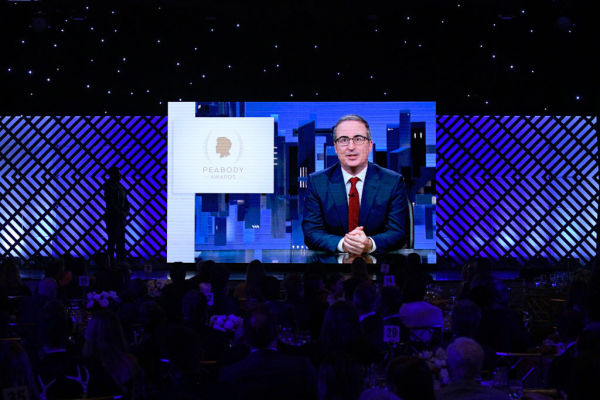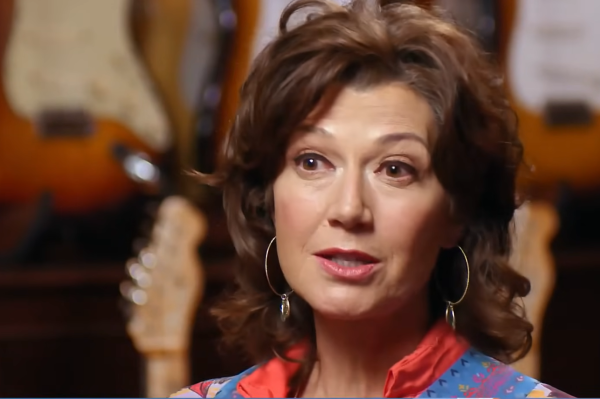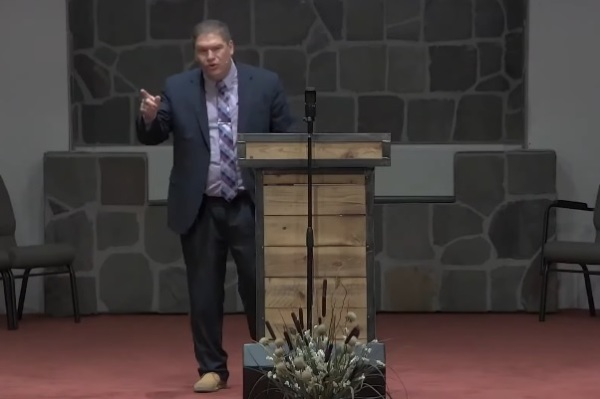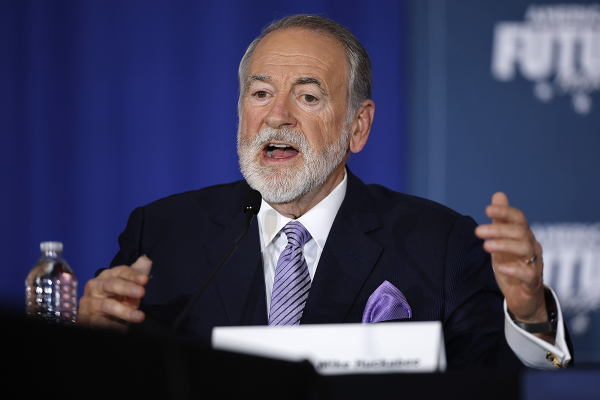Mobile Euthanasia Clinics Labeled 'Death on Wheels' in Netherlands
The creation of mobile clinics that can euthanize patients at home is now being considered by the Dutch government, but some are calling the program “Death-on-Wheels.”
Euthanasia has already been made legal in the Netherlands, but new plans could expand eligibility criteria and make euthanasia more accessible. Rita Marker, a speaker for Patients Rights Council stated, “Well you know how they say that death comes knocking. Now it really does.”
Edith Schippers, the Dutch health minister, in a written answer to questions from Christian Union MPs, has said that candidates for mobile units could be "patients who meet the criteria for euthanasia but whose doctors are unwilling to carry it out.”
Advocate groups have claimed that 80 per cent of people with dementia or mental illnesses were being “missed” by the country’s euthanasia laws. Reports from the Netherlands reveal that 21 patients with early stage dementia died from euthanasia in 2010.
Euthanasia has become a worldwide issue where recent campaigns in Britain and Canada have also pushed for legislation that would allow euthanasia or physician assisted suicide.
Proponents controversially argue that Euthanasia is a viable option for those who suffer from untreatable illness, have no hope of recovery, and are seeking a dignified death.
According to British politician David Alton’s website, Baroness Mary Warnock feels: “If you’re demented, you’re wasting people’s lives – your family’s lives – and you’re wasting the resources of the National Health Service.”
In Vancouver, Grace Fenker took to the stand to support the constitutional challenge to Canada’s assisted-suicide law. Her husband suffered from ALS and died after a four-day long battle in the hospital, which Fenkher described as “a painful eternity when you are helplessly watching your beloved husband suffer.”
Peter had expressed a wish for a medically assisted death. He stated, "I feel like I have lost almost everything. I still have my mind, but it is a terrible thing to be a mind trapped in a wasted body. There is no future for me.”
Dr. Latkovic believes that a “desire for euthanasia is a cry for help to relieve the pain.” He feels that resorting to euthanasia is an “easy way out to avoid people’s suffering.”
Under the new considerations on the Netherland’s euthanasia law, patients would be required to convince two doctors of their informed decision, citing “insufferable pain” as the cause and would be referenced by a doctor to a mobile team or clinic.
Ms. Schippers also suggested that "extra expertise" could be summoned in complicated cases involving mental health problems or an inability to consent to euthanasia because of dementia.
Dr. Latkovic asks, “how far will we go?”
David Alton’s site reports that advocates in the Netherlands “are supported by the Dutch Medical Association which this summer issued guidance effectively saying people who complained of being lonely could qualify for euthanasia if it constitutes ‘unbearable and lasting suffering.”
However, according to Dignity and Dying the “reasons for choosing an assisted death are focused on patient control and quality of life rather than pain control and being a burden or the financial implications of treatment.”
It reports that 97 percent of people opted for assisted death because they lacked autonomy.
The issue still remains whether the authority to kill should rest in any human. Dr. Latkovic has said that, “Taking human lives for however tempting it is, is a line that is dangerous to cross, especially when you start giving doctors the power to kill.”






















